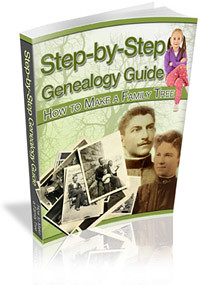<div class="mosimage" style=" border-width: 1px; float: left; width: 300px;" align="center"><img src=" " width="300" height="450" hspace="6" alt="Preserve your father's life story" title="Image" border="0" /><div class="mosimage_caption" style="text-align: right;" align="right">Port Broughton’s Bruno Carbone spent 33 years in the Australian Army, serving in Vietnam, Malaya and Borneo. </div>
" width="300" height="450" hspace="6" alt="Preserve your father's life story" title="Image" border="0" /><div class="mosimage_caption" style="text-align: right;" align="right">Port Broughton’s Bruno Carbone spent 33 years in the Australian Army, serving in Vietnam, Malaya and Borneo. </div> It's great to see a man's story, a father's story told. Too often the stories of the ordinary bloke are not mentioned very much.
Here, in a short article by the
Yorke Peninsular Country Times is a short interview with
Bruno Carbone, a first generation Australian, about his time serving in the armed forces of Australia. Bruno is one of a rare breed of men who is now happy to talk about his life and service for his country after having been discharged from the Army suffering from post traumatic stress disorder.
Bruno spent 33 years in the Australian Army including seeing action serving in Malaysia, or Malaya as it was then called, and Vietnam.
Men in general and particularly those of Bruno's generation, have often had an upbringing which taught them to internalise any traumas and keep there stories to themselves. When you are approaching your father to ask him for his life story you need to make that approach gently and with respect. That advice goes for any interview about a person and their life story, however, with men you need to be especially aware to their sensitivities and that initial rebuff may be as a result of how they have been brought up to regard themselves and their life story as something that is very personal and private.
At Lifetime Memories and Stories we often are asked to interview men who have served time in the armed forces. We have prepared a
"Free eGuide to "How to Interview Your Father" which we hope will offer you some very useful practical advice in approaching and interviewing your father or indeed the other significant men folk in your life. Don't be put off by an initial rebuff when you ask if you can record their life story, the key to making it an enjoyable experience for both parties is to prepare yourself fully in advance and make a gentle and respectful approach with a persuasive conversation tailored to your subject. Give them time to think about it and don't push into areas where there is a strong resistance.
The resources we have put together for you will assist you in preserving your father's story and enhance your shared time together.


 "
" 

 Roseanne Cash is gifted as both a lyric and melody writer and this memoir, "Rosanne Cash Composed" proves that she is not too bad with prose either.If you are interested in Rosanne's memoir then you can find a great review of it with some interesting insights and
Roseanne Cash is gifted as both a lyric and melody writer and this memoir, "Rosanne Cash Composed" proves that she is not too bad with prose either.If you are interested in Rosanne's memoir then you can find a great review of it with some interesting insights and